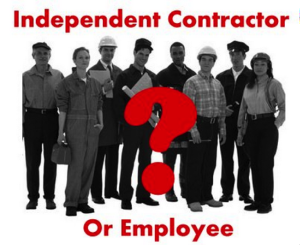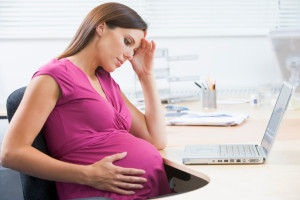The federal Family and Medical Leave Act (FMLA) provides job security to an employee who is absent from work because of the employee’s own serious health condition or to care for a specified family members with serious health conditions, as well as for the birth of a child and to care for a newborn child, or because of the placement for adoption or foster care of a child with the employee.
Employees eligible for FMLA are entitled to 12 workweeks of leave in a 12-month “leave year.” An employee may take FMLA leave for any of the following reasons: (1) the serious health condition that makes the employee unable to perform the essential functions of the position; (2) the serious health condition” of a spouse, child or parent; (3) the birth of a child or to care for such child; or (4) the placement of a child with the employee for adoption or foster care.
Employers may require medical certification of the existence of a serious health condition. Further, FMLA leave is unpaid unless available paid time off is taken (e.g. vacation, paid sick time or paid personal time off) and/or unless disability beneftis are available.









